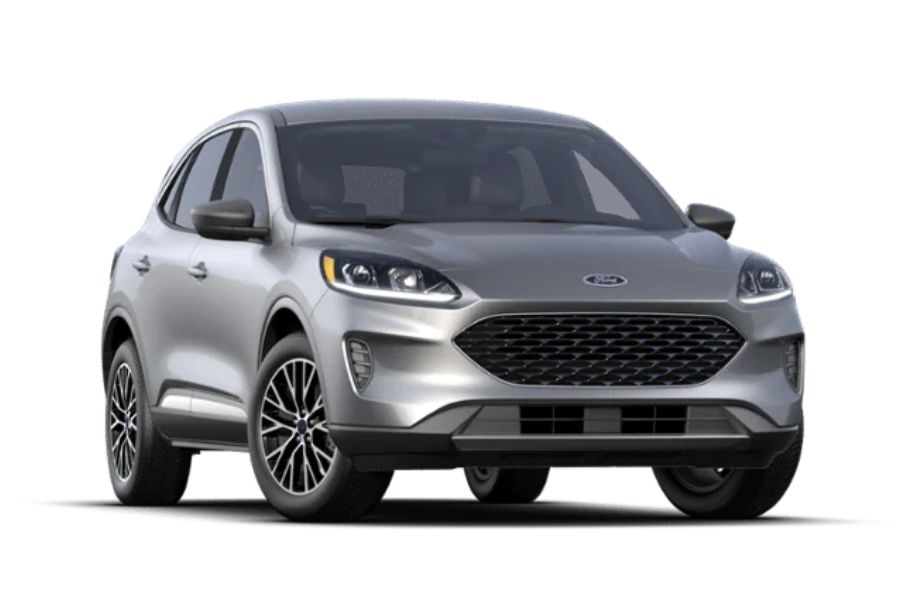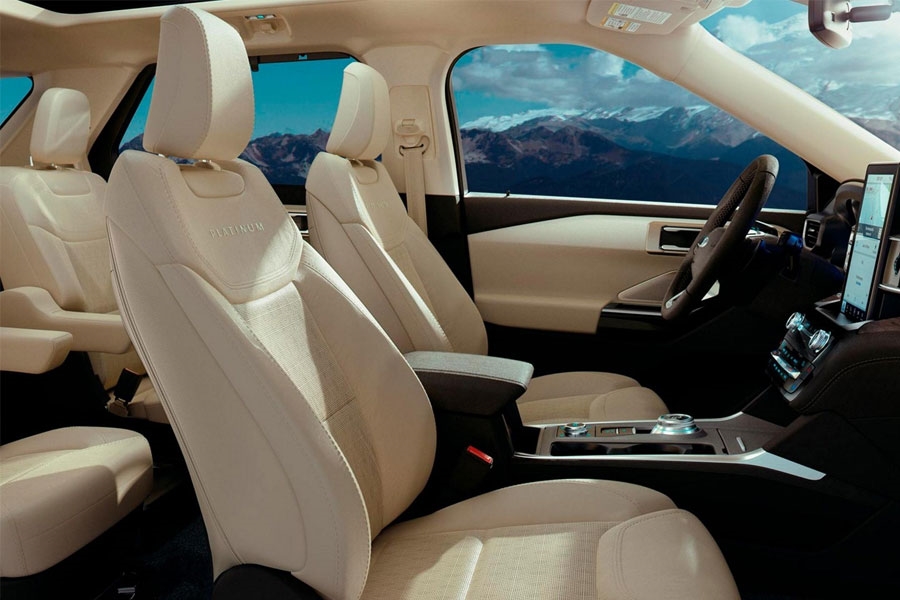Hybrid vs Plug-in Hybrid

The Rundown

This article is your one-stop shop for knowledge on hybrid vehicles, whether they be plug-ins or a full hybrid. We are going to answer all the questions we ourselves have had as these vehicles are becoming more and more popular. The other question we are looking to answer as we go through this article is which engine type is better for you. These engines are similar, but vast differences remain between the two and factors such as where you live, lifestyle, and affordability can ultimately change which of the two vehicles are better for you. Figuring out whether a standard full hybrid or a plug-in hybrid works better for you can seem daunting, but we have the answers, and we will help make it clear which hybrid is best for you.
Contrast and Compare, Main Points

We know by now that a hybrid engine is built with two different sources of power: a battery powered electric engine and a combustion engine. How these two power sources work together is where the plug-in hybrid and full hybrid engines differ. A standard hybrid vehicle uses the battery and combustion engine in combination. At lower speeds, the hybrid pulls more from the electric engine than it does the combustion engine, and we normally see this as hybrid engines get much better fuel economy in town than they do on the highway. Once the car gets up to higher speeds, the battery does less work and is charged as the combustion engine takes over.
Plug-in hybrids are different in the sense that they are a part-time full electric vehicle and a part-time hybrid. The plug-in hybrid, as implied, has a battery that can be charged by plugging into a wall outlet. This allows the plug-in to have a beefier battery, which allows the vehicle to solely operate off of the charge of the battery for a period of time. Most plug-in hybrids have different ranges where their vehicles can operate as a full electric vehicle, the lowest around a 15 mile range and the highest getting up to a 100 mile range just off of an electric charge. What makes it beautiful is that once your battery runs out of charge or can no longer provide power (such as at higher speeds), the engine switches to a normal hybrid mode using a combustion engine as well.
Cost of Plug-in Hybrids Vs Cost of Hybrids

Now this is where there are some more clear differences between the plug-in hybrids and normal hybrids. The bottom line is that plug-in hybrids are more expensive. The why? It is because they have bigger batteries and are generally associated with higher trim levels on models. The larger battery means that maintenance costs are also generally more expensive than a normal hybrid. For example, the battery and electric motors are more expensive to replace if damaged than the battery on a normal hybrid. One upside is that there is no extra outlet needed for your plug-in hybrid as all plug-ins are designed compatible with the standard outlets on your walls. Regardless, the plug-in hybrid will have a higher entry cost and maintenance cost than a normal hybrid.
Is a Plug-in Hybrid or Hybrid Better for Me?
There are a few different ways to go about this and we will answer it in a few different sections based off how you drive, lifestyle, and where you live.
How You Drive
How you drive is the factor most responsible in determining which hybrid is better for you, or if one may not even be the best option. Looking at different situations is the best way to highlight which vehicle is the best for you. We know many people who have long commutes to work, taking anywhere from 30 minutes to 50 minutes just to get there. First off, hats off to you for working hard and taking the time to get there. In these situations, a normal hybrid may be a better bet for you than a plug-in hybrid. A plug-in hybrid is generally more pricey than a normal hybrid and with limited electric ranges, the plug-in hybrid might not be worth it. Now, if your work has charging stations like many do, that is a whole different story. This option allows you to charge your battery again and use the electric range on the way there and on the way back. Just make sure that your electric motor can support the higher speeds that highways often require. Another situation is those who do not need to commute and just drive in town for most of the day. A plug-in hybrid would be more worth it to this driver because the electric charge can get them around town and, with the lower speeds, the combustion engine is not needed at all. This makes it so that your fuel economy soars. There are specific examples where a hybrid may not be the best and that’s mainly if you are consistently towing large trailers or other objects. Hybrids generally cannot tow larger capacities and a combustion engine may be more for you at this point. Plug-in hybrids would not work as well as a normal hybrid for towing because the full electric mode would rarely be used or would be used up too rapidly to make any difference. As you are looking for a hybrid, keep in mind how you drive because this will largely determine which hybrid you choose.
Lifestyle
Different lifestyles mean different styles of cars. For those regularly hauling a family or loads of friends on long road trips, a plug-in hybrid may not be the best option. Large vehicles rarely offer a plug-in hybrid option and if they do, they generally have a very limited range. Using hybrid trucks, vans, and larger SUVs usually get better gas mileage than their combustion alternatives, and most simply do not have plug-in options. The plug-in hybrids that have larger ranges generally offer at most seating for 5, so if you want to carry around more than that, there are hybrids that offer seating for 6-8.
Where you live
This is something that people often forget when trying to choose between a hybrid or a plug-in hybrid. Now we are not insulting your intelligence here, but a plug-in hybrid needs a plug and without an easy access outlet, the plug-in hybrid may not be the best option for you. For example, those living in apartments or in houses without easy access outlets may be a little frustrated getting back home with a plug-in hybrid. Fortunately, many apartment complexes are building charging ports for plug-in hybrids and full electric vehicles, but if your apartment complex already has too many plug-in hybrids or electric vehicles, it will be hard to get a port. Although you may not be able to get the plug-in, a normal hybrid will be much more apartment friendly and still give you better gas mileage than the alternative combustion engines.
Summary
Plug-in hybrids and hybrids are quickly becoming the cars of the future. For many drivers, electric vehicles are not yet viable options with their limited ranges. Hybrids of both types are offering the perfect combination of electric and combustion that many need. We highly recommend hybrids, but make sure that they work for you before putting that card down. If you have more questions, please give us a call and we will get you the answers you need from a qualified expert.